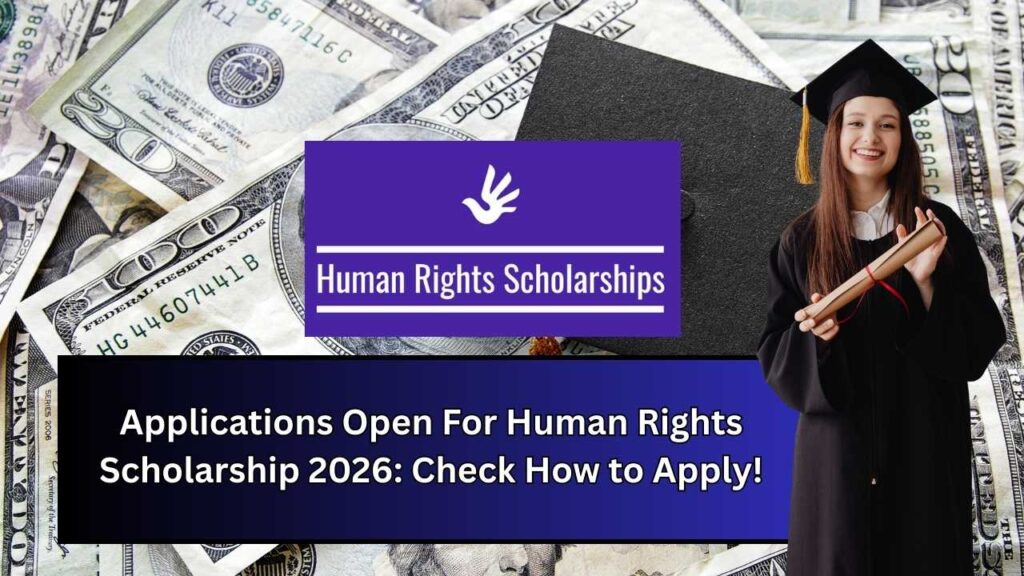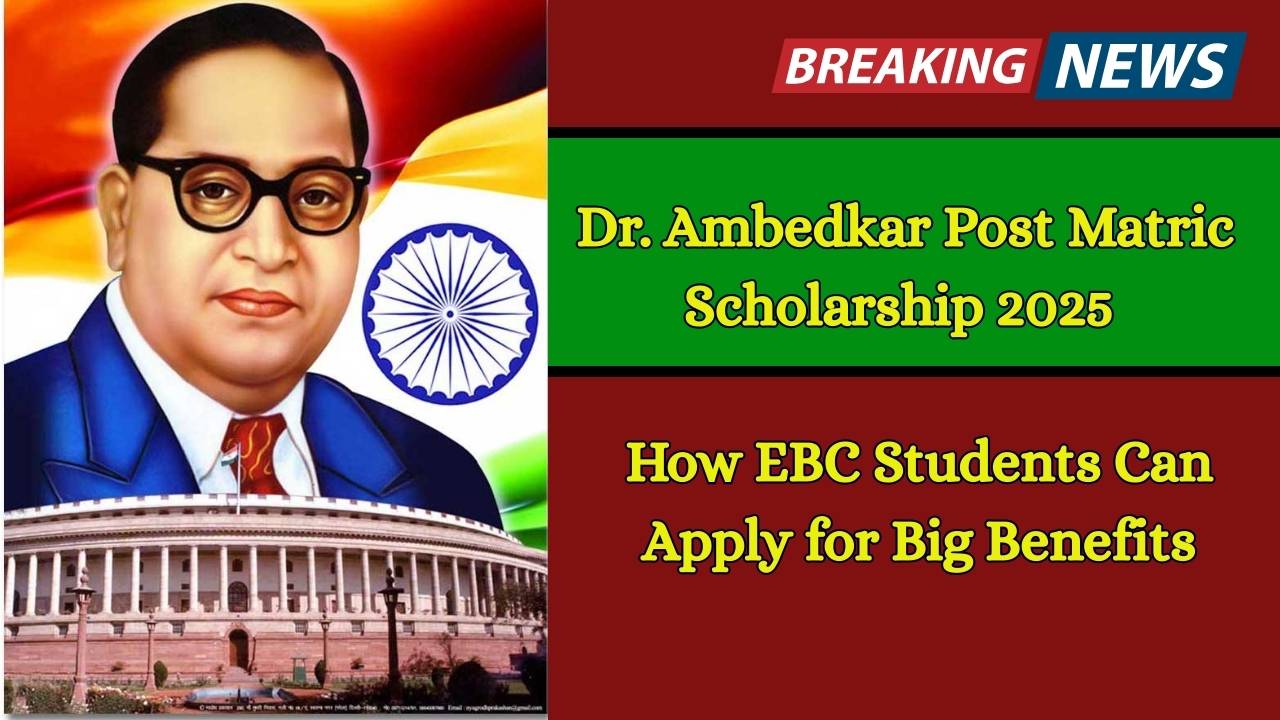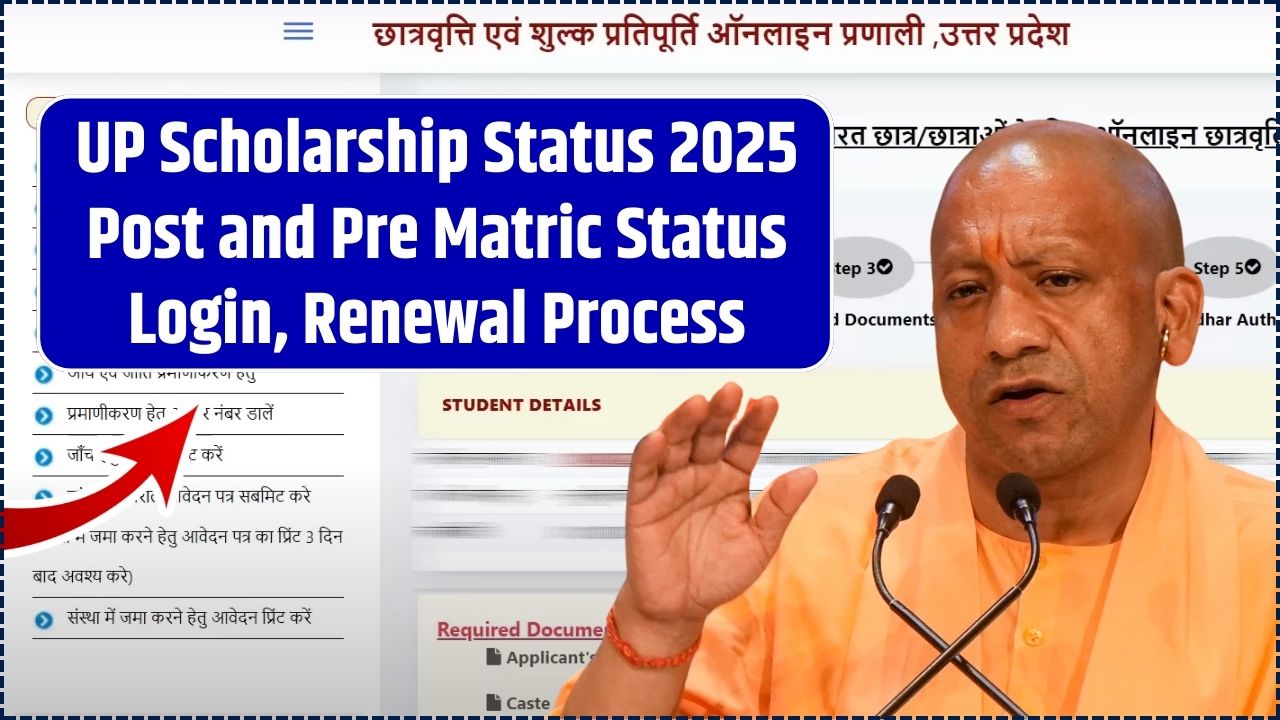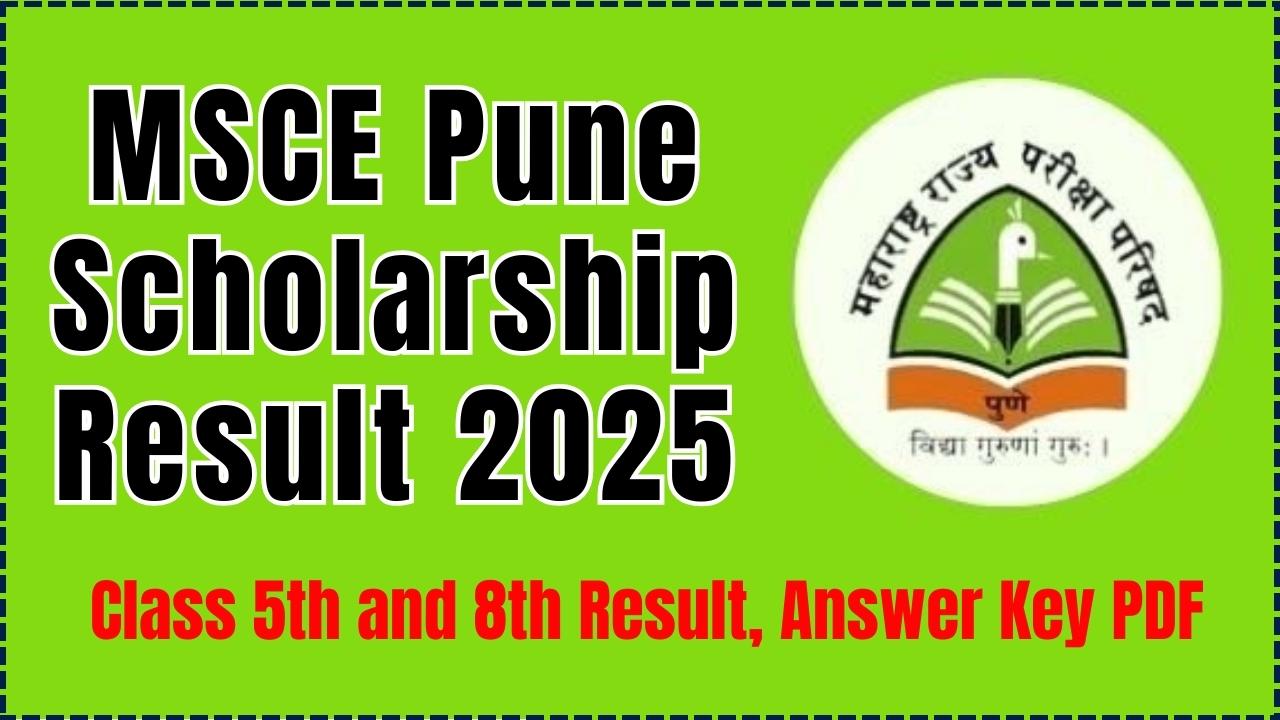Applications Open For Human Rights Scholarship 2026: Check How to Apply!
Human Rights Scholarship 2026 – If you’re someone with a burning passion for peace, justice, and making a real difference in the world, the Human Rights Scholarship 2026 might just be your golden ticket. Run by the University of Melbourne, this fully funded opportunity is calling out to both domestic and international students who want to take their graduate research in human rights to the next level.

This isn’t just another scholarship. It’s for the dreamers, the doers, the ones who’ve marched, volunteered, or even just wondered how to make the world a better place. Whether you’re fresh out of undergrad or already knee-deep in a research project that’s changing lives, this one’s worth checking out.
Human Rights Scholarship 2026
| Feature | Details |
|---|---|
| Scholarship Name | Human Rights Scholarship 2026 |
| Institution | University of Melbourne |
| Eligibility | Domestic and International Graduate Researchers in Human Rights |
| Funding | Full Tuition + AUD $43,500 Stipend + Relocation Grant + OSHC |
| Level | Master by Research (2 yrs) or PhD (up to 3.5 yrs) |
| Application Deadline | October 31, 2025 |
| Number of Scholarships | 2 |
| Official Website | https://scholarships.unimelb.edu.au/awards/human-rights-scholarship |
The Human Rights Scholarship 2026 is a launchpad for global changemakers. With full funding, relocation support, and a platform to amplify your research, this is your chance to transform passion into real-world impact.
What’s the Human Rights Scholarship All About?
Backed by the University of Melbourne, this scholarship is all about supporting research that focuses on the advancement of human rights. It covers your tuition, pays your bills, and even helps you move across the globe if you’re relocating. This isn’t just financial aid—it’s an investment in your mission to shake up the status quo.
Who’s Eligible to Apply?
Here’s the lowdown on what you need to qualify:
- You must be enrolled or applying for a graduate research degree (Master by Research or PhD) in a field related to human rights.
- You must not already hold a research qualification at the same or higher level.
- You can’t have already received a graduate research scholarship from the University of Melbourne.
- You’ve gotta show a strong commitment to peaceful human rights advocacy—volunteer work, internships, activism, etc.
This one’s not about perfect GPAs. It’s about your impact—what you’ve done and what you plan to do.
What Do You Get? The Scholarship Breakdown
Here’s what’s on the table:
- Full Tuition Fee Offset – Yep, 100%. Whether it’s 2 years for a Master’s or 3.5+ years for a PhD, you’re covered.
- Living Allowance – An annual stipend of AUD $43,500 (2025 rate), indexed each year.
- Relocation Grant – AUD $2,000 (domestic) or AUD $3,000 (international).
- Overseas Student Health Cover (OSHC) – For international students.
- Paid Leave – Includes sick leave, maternity, and parental leave.
How to Apply (Step-by-Step Guide) for Applications Open For Human Rights Scholarship 2025?
Step 1: Apply for a Graduate Research Program
Before you even apply for the scholarship, make sure you’re applying to or already enrolled in a graduate research program at the University of Melbourne.
Step 2: Prepare Your Documents
You’ll need:
- Academic transcripts
- CV/resume
- Detailed research proposal
- A strong personal statement showing your commitment to human rights
Step 3: Submit Your Application
Apply via the University’s online portal: https://scholarships.unimelb.edu.au/awards/human-rights-scholarship
Step 4: Wait and Prepare
After the October 31, 2025 deadline, shortlisting begins. Use that time to build your advocacy resume.
Pro Tips for a Strong Application
- Showcase real impact with stories and examples.
- Get strong references from people who know your work.
- Be specific about the how, why, and what of your research.
Real-World Impact: Where This Can Take You
Past recipients have:
- Worked with Amnesty International
- Published in human rights journals
- Consulted with the UN Human Rights Council
- Led major NGOs or policy boards
Bonus Tip: Be Strategic With Your Research
Narrow your research focus. Instead of “Human Rights in South Asia,” consider something like “Post-Conflict Justice and the Rights of Women in Sri Lanka.”
Alternative Scholarships You Should Know
- Carr Center Fellowships at Harvard – Apply by Jan 2025: https://www.hks.harvard.edu/centers/carr/publications/applications-open-carr-centers-2025-2026-fellowships
- Vivian Leitner Global South LL.M. Program (Fordham Law) – Deadline March 2025: https://leitnercenter.org/studying-human-rights/vivian-leitner-global-south-llm-scholars-program
- Rapoport Center Human Rights Scholars (University of Texas) – Apply by June 2025: https://law.utexas.edu/humanrights/opportunities/human-rights-scholars-program
MENA Scholarship 2025 in the Netherlands – Fully Funded and Open for Applications: Apply Now!
2025 MUDS Data Science PhD Scholarship: Fully Funded Opportunity: Check Application Process!
FAQs About Human Rights Scholarship 2026
Q1. Do I need to be an Australian citizen to apply?
No. The scholarship is open to international students.
Q2. Can I apply if I’m still finishing my undergrad?
Yes, as long as you apply for a graduate research program starting by the scholarship year.
Q3. Is there an interview?
Some candidates might be contacted for more details.
Q4. What fields of study qualify?
Law, sociology, political science, international relations, public policy—anything tied to human rights.
Q5. Can I defer the scholarship?
Usually not. It must be used in the year awarded.
Q6. What are my chances of selection?
Very competitive. Only two scholarships are awarded annually.
Q7. Is English language proficiency mandatory?
Yes. You must meet the university’s English requirements.







